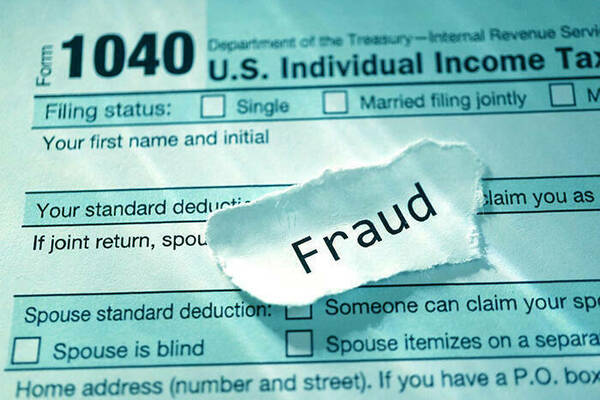
With the start of a new year comes a new tax filing season. Tax preparation is underway as the April 18 tax deadline draws near. During this time, personal information is more likely to be exposed over the Internet. It is imperative to take precautions while filing to avoid fraud and protect personal information.
Last year, the IRS identified $2.19-billion in tax fraud. Tax season is prime time for cyber criminals targeting taxpayers.
Cyber criminals will often try to impersonate an IRS or other government agency representatives. Some of their common tactics include:
- A phone call, email, or text that demands payment, creates a strong sense of urgency, or threats of arrest if action is not taken
- An email with an attachment claiming to help with tax law changes. In most cases, the attachment will contain a virus that will infect your computer
- An email asking to verify information about your taxes or other financial matters
- An email or phone call with enticing offers, such as how to receive your tax return refund early
- An email message with incorrect spelling, phrasing or language that demands personal or financial information like social security, credit card numbers, or bank account numbers
The IRS and other government agencies will never contact you by phone, email, text message, or on social media. These agencies will generally contact customers through regular mail.
In addition to being aware of the common scams targeted at taxpayers, filing early can also help protect against tax fraud. The IRS accepts one tax return per social security number. Early submission can reduce the chances of a cyber criminal using your information to file a fraudulent return. Filing early may also result in receiving your refund more quickly.
As a final way to protect yourself against cyber crime, follow these best practices when working with personal or financial information:
- Open a new browser window each time you want to access any financial website rather than clicking on a potentially malicious link in email.
- Install anti-virus software and keep all applications updated.
- If you need email financial information, send an encrypted message. For more information, refer to this knowledge article.
- Avoid storing personal tax documents in University Google Drive. The data loss prevention rules the University has in place to secure highly sensitive information, such as social security numbers, will flag files of this nature.
To learn more about tax fraud and additional ways to protect yourself, refer to these articles: IRS Tax Scams/Consumer Alerts and the IRS Taxpayer Guide to Identity Theft.
Originally published by Cassie McCan at oit.nd.edu on February 17, 2022.
Originally published by at ndworks.nd.edu on February 22, 2022.